It’s one of the most common questions regarding water softeners. However, there is no in-depth information on the internet as per our research on water softening resin. This article will discuss water softener resin hazardous with proper proof and scientific evidence. If you are also looking for the most authentic information regarding softener system resin, then you must carefully read this article.
Table of Contents
What is Resin in Water Softener?
Resin is a medium that is used in water softeners for the ion exchange method. It’s commonly found in many water softening applications. But the most popular type of resin is called polystyrene-type gel resin. Its unique structure eliminates most of the harmful contaminants and excessive substances. It will prevent the hardness of the water.
Is Water Softener Resin Hazardous?
No, the water softener resin is not hazardous for the environment, especially if you follow the right disposal method. To reduce the chances of its hazards, you need to put it in the bag and dump it in the trash. Moreover, you should also avoid the flushing of resin beads in the toilet as it can cause clogging and many other plumbing issues.
Even though water softener resin beads can cause clogging of small appliances, they are usually not harmful. However, you need to make sure that your water softener system is not leaking any resin beads. If there is excessive leakage of water softener resin beads, then you must call your plumber and sort out this problem before it creates a problem for your plumbing system.
How To Avoid Hazards of Water Softener Resin?
As we all know, resin is an important part of a water softening system. So, you should keep an eye on it before it needs to be replaced. Usually, the water softener resins offer a lifespan of up to 10 years, but still, you should replace them after every five years. If you follow this process, we are sure that you won’t find any excessive resin beads in the water.
Check Out: Top Safe Water Softener Resin in 2022
Frequently Asked Questions (FAQs)
1. Do you have to replace the resin with a water softener?
Some resin beds can last for the entire lifespan of the water softener, while others need to be replaced every 10 years or less. It all depends on your home’s water quality and the amount of wear and tear that the bed goes through as your softener is running.
2. Why are resin beads coming out of the water softeners?
Water softeners use resin beads to remove minerals from hard water through ion exchange. Normally, a screen keeps the beads from entering your water filters and plumbing system. However, if the screen gets torn, beads can end up getting lodged in the aerator.
3. Are water softener beads toxic?
Water softener resins are not toxic. Moreover, the beads can’t escape from the water softener cylinder. Each resin is sodium charged, calcium and magnesium ions are attracted to the resin, sodium ions jump off the resin. This is ion exchange.
4. What is the resin in a water softener made of?
Water softener resin is an inorganic plastic made of polystyrene and divinylbenzene or DVB. Polystyrene is common in a lot of consumer products and materials, from K-Cups to styrofoam. DVB just works to bind the polystyrene, but it does have a strong scent.
Check Out: Best Softening Unit for Well Water & Home
Wrap Up
We hope this article will help you to understand the hazards of resin beads found in water. Fortunately, there isn’t any severe hazard linked with resin because it’s safe for health. However, sometimes it may cause some minor plumbing issues, it’s best to change the water softener system tank resin on time to avoid any possible hazards.

Steve Smith is a United State Licensed Plumber with over 18 years of plumbing experience. Steve has conducted residential and commercial plumbing jobs throughout the state and currently works for one of California’s largest plumbing companies. When he’s not working, Steve enjoys spending time with his daughter and son.
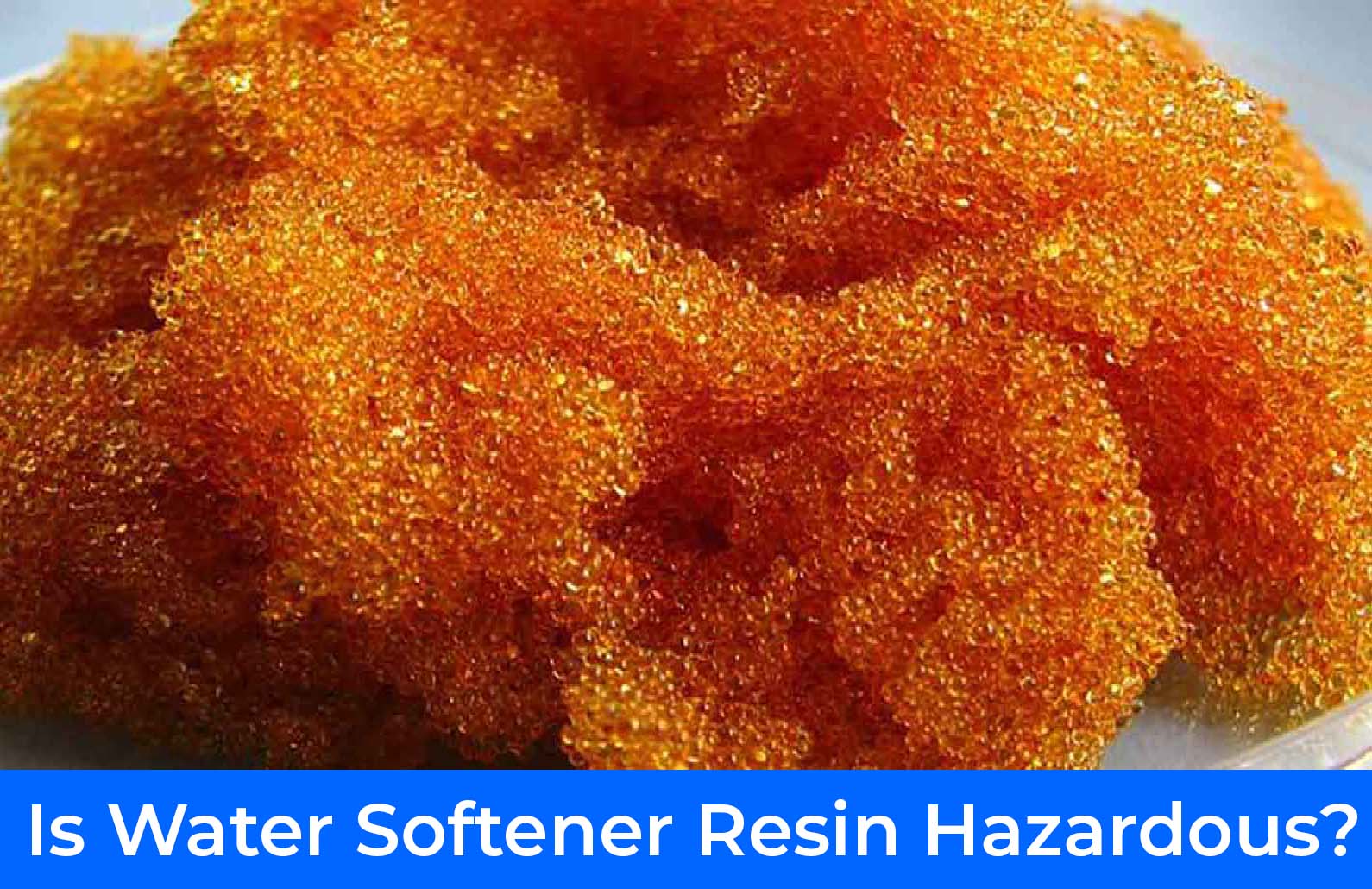
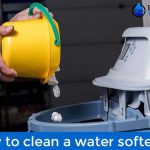
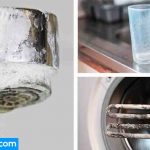
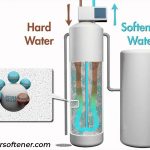



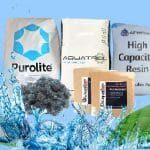

Leave a Reply